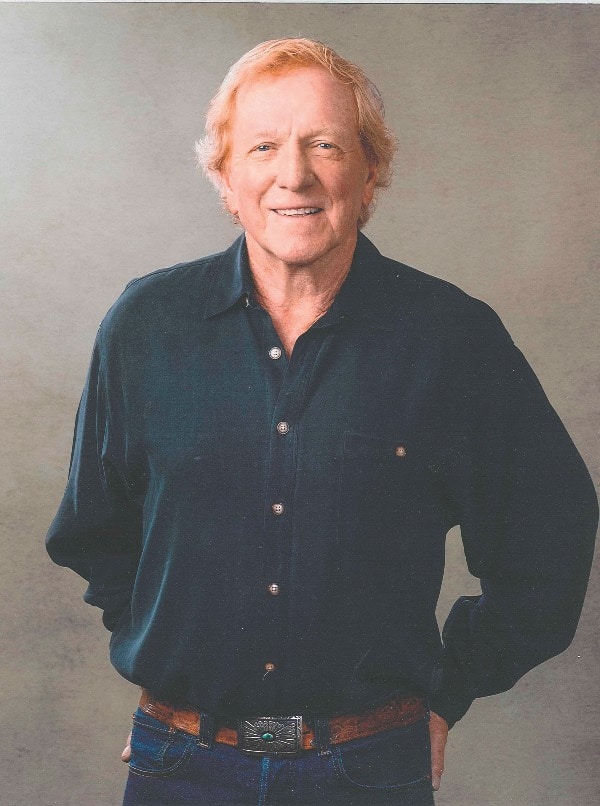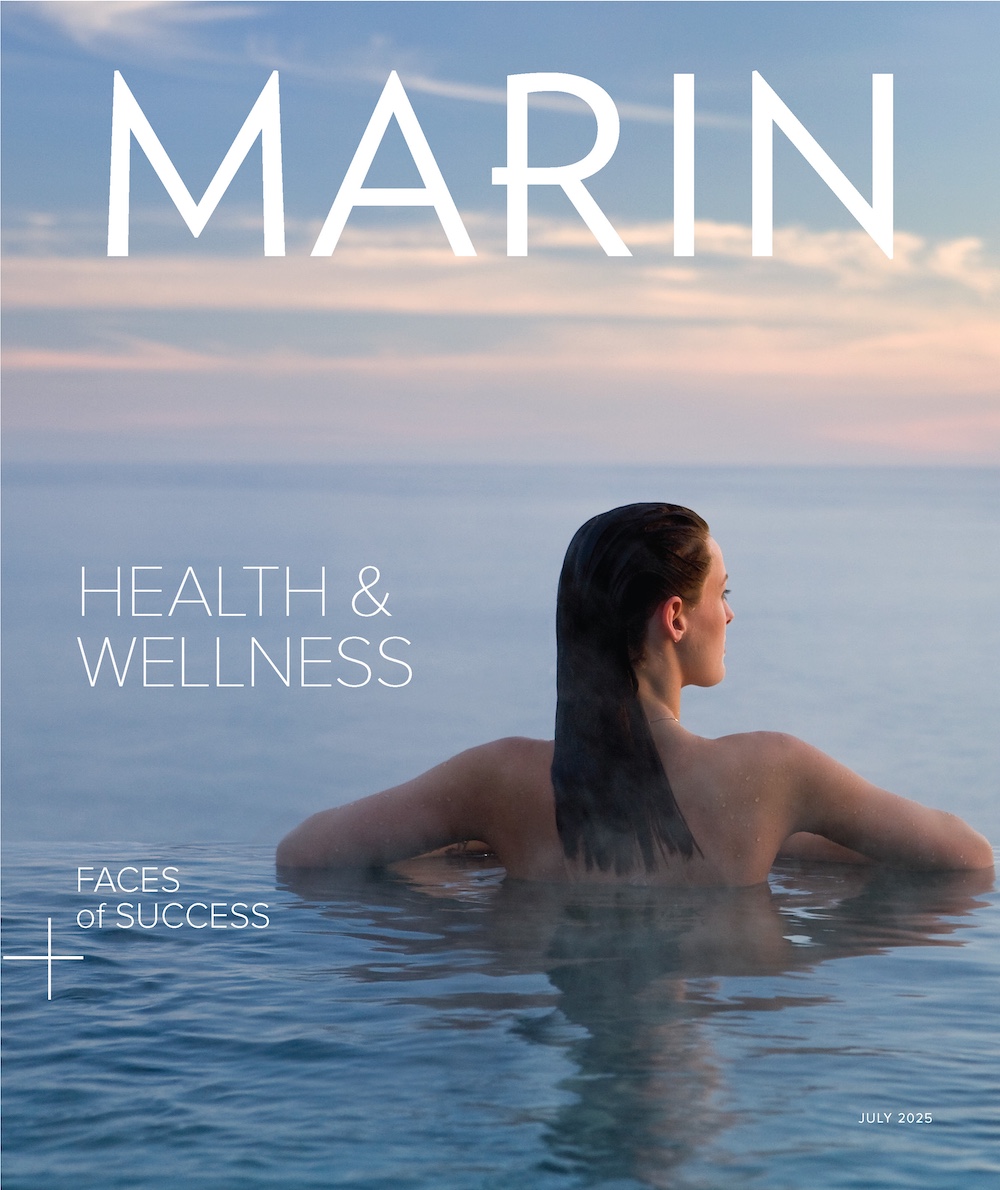 Aren’t we all neighbors in Marin? Sure we are. So how often can you vote for a neighbor to become the top executive in the nation’s largest state? Your chance is coming soon, with the California Primary Election happening on Tuesday, June 5. Marin resident Gavin Newsom faces 27 challengers to win one of two spots on the November 6 final election ballot. Odds are it won’t be close.
Aren’t we all neighbors in Marin? Sure we are. So how often can you vote for a neighbor to become the top executive in the nation’s largest state? Your chance is coming soon, with the California Primary Election happening on Tuesday, June 5. Marin resident Gavin Newsom faces 27 challengers to win one of two spots on the November 6 final election ballot. Odds are it won’t be close.
Looking for a slugfest? It’s in the fight for lieutenant governor, Newsom’s current job. The former ambassador to Australia, Jeff Bleich, is squaring off against the former ambassador to Hungary, Eleni Kounalakis; both served under President Obama. The only contender that is experienced in battling for elective office is State Senator Ed Hernandez of San Gabriel Valley. All three are Dems; two will make it to November’s championship match.
Don’t award 84-year-old (and well-off) Dianne Feinstein another term in the U.S. Senate just yet; she may have a battle come November with young (51) Kevin de León, a scrapper from the mean streets of L.A. who’s already served a term as president of the California State Senate.
That takes care of the June 5 headliners. As for the ballot’s five state propositions, all put there by the legislature, PBS’ The Morning Line has the first two and the last two propositions winning; with the middle one pretty much looking like a draw.
Here’s the call — Prop 68: It’s been over a decade since a bond has been on the ballot to maintain parks and the state’s water supply. A YES vote is an endorsement of a $4.1 billion bond measure with the money mostly going to impoverished Central Valley needs. Prop 69 looks like another winner. In simplest words, a YES ensures that $5 billion in gas tax revenue gets spent only on transportation matters, i.e. potholes and, occasionally needed third lanes. Prop 70 is very confusing. If passed, this could knock out California’s high-speed rail program by a minority of votes in the state legislature. Best to keep it a matter of a majority of the legislature by voting NO. Prop 71 is simple and everyone seems to be picking it to win. Currently, all propositions that appear likely to pass on election night automatically become law the next day. A YES vote puts a five-day cooling off time before laws go into effect. Prop 72 is another no-brainer. East Bay State Senator Steve Glazer feels those who install rainwater-capturing devices shouldn’t cause property taxes to go up due to adding an improvement. A YES vote gives rainwater savers the same tax protections as solar panel users, etc. No one is opposing Prop 72.
Also on the June 5th ballot is Regional Measure 3, a bold attempt to reduce traffic congestion—to the tune of $4.45 billion—throughout all nine Bay Area counties. For Marin, this means $210 million to build a direct connector from northbound Highway 101 to the Richmond-San Rafael Bridge. Local goodies also include $120 million to widen Highway 101 north of Novato; $100 million to make Highway 37 less vulnerable to flooding; and more. The money will come from increasing tolls $3.00 on every Bay Area bridge but the Golden Gate Bridge (they’re are state owned; GGB is not). And fare increases are incremental: A dollar in 2019 and a dollar in 2022 and 2025. If that’s sounds fair you’re in good company, almost every elected office-holder from Dianne Feinstein to Nancy Pelosi to Jared Huffman to Mike McGuire has endorsed RM3 (it’s go-to nickname). But don’t get over confident; RM3, which needs a simple majority to win, faces hefty opposition by forces claiming it treats their areas unfairly (So far, you’re not hearing that in Marin).
This are my thoughts – please do your own research and let us know what you think. Here is the county’s general June 5th schedule. And the pros and cons presented by the county.

